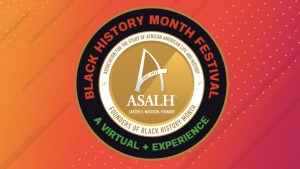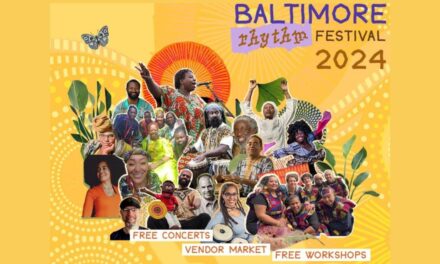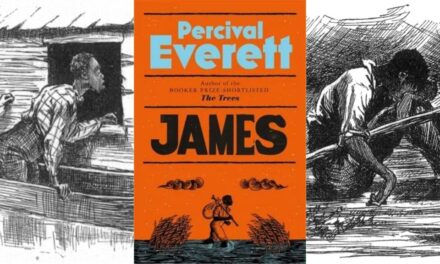By Megan Sayles,
AFRO Business Writer,
msayles@afro.com
The Association for the Study of African American Life and History (ASALH) returned this February with its Black History Month Festival.
This year’s theme is “Black Resistance,” and the organization has a month-long line up of events celebrating Black changemakers, civil rights leaders, the African diaspora, Black press and African-American music and culture.
ASALH kicked off the annual festival by exploring the facets of Black resistance and followed by examining the history of Black landowners and farmers and their fight to reclaim their land.
On Feb. 5, civil rights attorney and constitutional law professor Gloria J. Browne-Marshall led a panel discussion about Queen Nzingha of Angola, the warrior monarch who led a war against the Portuguese to stifle their attempts to expand the Central African slave trade.
The session featured accounts from Vladimiro Fortuna, director of the National Slavery Museum of Angola, and Joao Laurenco, the current president of Angola.
“Black resistance, as you can see by the programming, can take many different shapes. It could be that we’re carving out a space to maintain our culture, other parts could be that we’re highlighting aspects of our culture, be it religion or music, and of course, [highlighting] college professors and others who have written scholarly work,” said Browne-Marshall.
“There are so many ways in which we have shown our ability to excel. We are maintaining a culture that the dominant culture would have crushed.”
Most of the programming, including past events, from ASALH’s Black History Month Festival can be viewed virtually through ASALH TV on Youtube.
Though the festival is nearly complete, the special events will continue.
In the third week of February, ASALH will feature book talks from Black authors, including Mary L. Romney-Schaab, Rohulamin Quander and Timothy E. Nelson.
Their works explore the experience of Black civilians who were imprisoned in Nazi concentration camps during World War II; the legacy of the Quander family, one of the oldest documented African-American families in the U.S.; and the creation of Blackdom, a booming African-American frontier in New Mexico.
On Feb. 15, justice, equity, diversity and inclusion (JEDI) consultant Lisa Brock will lead a social justice workshop examining the ways in which Black people have resisted in the U.S., like escaping enslavement, leading rebellions and the fight for human rights.
The fourth week of February will also include a number of book talks from authors, including Keith Holmes, Michelle R. Scott and Frederick Williams.
Browne-Marshall will return on Feb. 22 to host a conversation with Smithsonian Secretary Lonnie G. Bunch III, the first African American to head the institution and founding director of the National Museum of African American History and Culture (NMAAHC).
On Feb. 25, ASALH and the Multi-Media Training Institute will put on a performance at D.C.’s THEARC Theater showcasing the presidential campaign and impact of Shirley Chisholm, the first Black woman to be elected to Congress.
ASALH will close out Black History Month with a special program on Feb. 28.
“African Americans have a cultural power and that cultural power has been recognized around the world in academia, in sports, in music, in fine arts,” said Browne-Marshall. “It is a cultural power that needs to be respected within the culture and outside the culture.”
Megan Sayles is a Report for America corps member.
The post ASALH celebrates Black resistance with Black History Month Festival, month long calendar of special events appeared first on AFRO American Newspapers .











